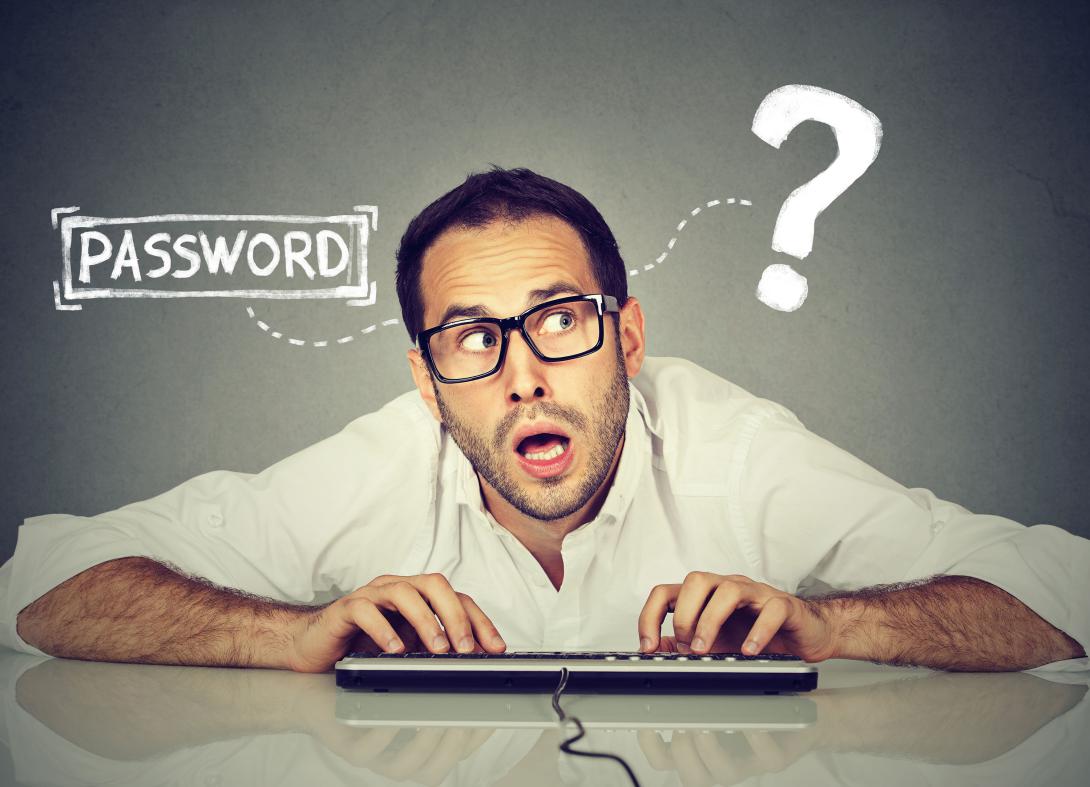You’re the 111111 That They Want
Passwords, they’re just like people: often a nuisance to manage, but change is ultimately always for the best.
In 2004, President George W. Bush, along with Congress, declared October as Cybersecurity Awareness Month. The world is an extremely different place now—hello self-driving cars and military drones.
As our readership mostly consists of defense and cybersecurity decision makers, this blog may simply serve as a friendly reminder.
Technology is ever changing. With that comes an infinite amount of malicious actors and cyber threats.
The Cybersecurity and Infrastructure Security Agency (CISA) and the National Cybersecurity Alliance (NCA) work together to ensure a partnered effort between government and industry to support public cybersecurity awareness and education. “See Yourself in Cyber” is the 2022 campaign to emphasize the importance of people in cybersecurity. Whether it be for work or for school, cyber hygiene is real and must be prioritized in almost all current world decision making.
Today’s topic: passwords. Surely, our readers can all relate to the hassle of having to remember dozens, if not hundreds of passwords for their endless devices, apps, emails and more. That would explain why the TechCult listed passwords such as 123456, qwerty,iloveyou and 111111 as the most commonly used passwords of 2022. And yes, if your password is “password,” it’s time for a switch up. You’re not outsmarting anyone, especially not the hackers who are waiting for lucky user number 1,432,685 to be their next cyber-attack victim.
The current world of creating acceptable passwords has become quite taxing. Create a 20-character password with at least one special character, five numbers, three capitalized letters, four lower case letters, and do not ever, in any circumstance, even if your dearest friends and family tell you to, use a recognizable name or word. And though the temptation may be there, do not, under any circumstance, use the same password across multiple or all channels. Sounds easy enough, right?
Allow us to suggest a couple of options to help alleviate this online pain.
First, take advantage of a password manager. No, we’re not talking about an easy-to-steal notepad you put into your bag every day. According to the NCA, the average user has “four to seven passwords that they use across over 170 sites and services.” Give a hacker one, you’ve just given him/her all. Password managers help create random long passwords, which are more difficult to hack and are different for each site and service used. All passwords, along with credit card numbers and online information, will also be stored in a safe space easily accessible to only you. Your only assignment: remember just one unique password.
Next, make multifactor authentication (MFA) your new best friend. This is to “ensure that the only person who has access to your account is you,” says CISA. Use this anywhere where a password is necessary: emails, social media, banking, etc.
For more information on all things Cybersecurity Awareness Month, click here. And don’t forget to change that password.





Comments